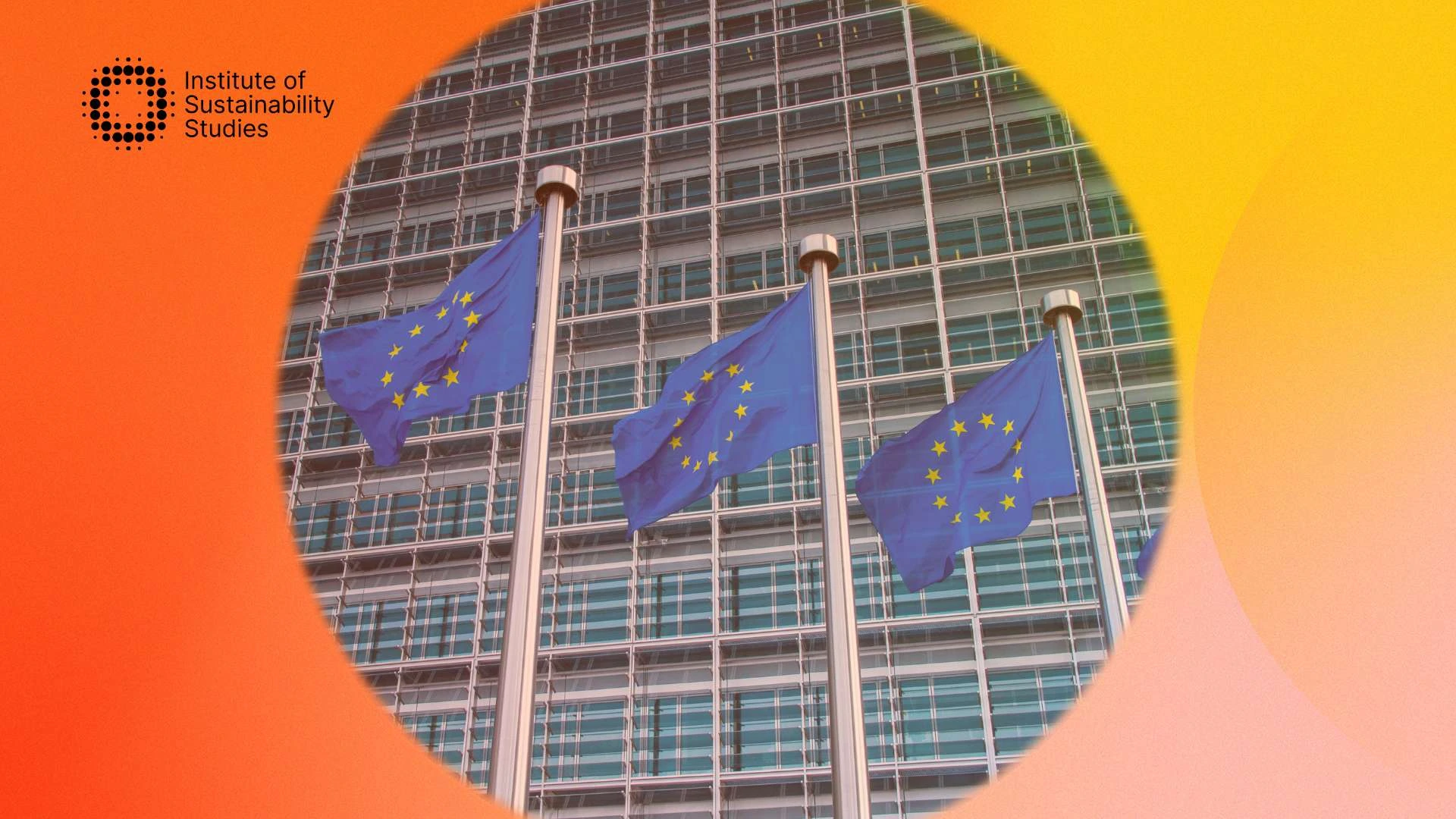Carrying on his father’s legacy of high-quality, long-lasting clothing
Established in May 2020, Pure Clothing is an Irish-based fashion business offering stylish, on-trend clothing made from eco-friendly materials and a sustainable supply chain. Peter Timlin, Co-Founder of Pure Clothing, speaks about what inspired the business: “My father owned a local drapery store in Ballina when I was growing up. It was a family business, so I grew up with the concept of sustainable fashion.”
“He put a big focus on high-quality, long-lasting clothing. Unfortunately, a lot of fast fashion outlets moved to Ballina, and it became very difficult to compete. This sadly meant the business had to close down in 2017. Witnessing the dedication and commitment my father had towards sustainable fashion really hit home for me, and it was always an area I wanted to get involved in.”
Peter was in his first year of college when he co-founded Pure Clothing. It was during the height of the first COVID-19 lockdown, which meant his studies were moved online. This shift allowed him to really focus on making his idea of a sustainable fashion business a reality and carrying on his father’s legacy. He co-founded the business with school friend Richard Grimes.
Showing the behind-the-scenes of building a sustainable business
Peter says: “The business grew a lot quicker than we were expecting, with great reactions on our TikTok and Instagram pages. While spreading awareness of the importance of making ethical fashion purchasing choices is critical, we also sought to use our social media channels as a way of bringing viewers along our journey of establishing a sustainable business. This has given us an opportunity to show them what goes into it.”
Peter and Richard are being fully transparent with their audience, and this resonated with their followers. He explains: “We’re sharing how we are building our supply chain, the different factories we are working with, the materials we use, the various certifications our products have, and much more. This will always be something we prioritise.”
Where Richard drives the technical side of the business, Peter focuses on the creative side. He shares that their university network has also been instrumental in providing them with guidance that has helped them on their journey of building a successful, sustainable business.
Rising above challenges faced along the way
Every business faces challenges, and one primary one for Pure Clothing is finance. Peter says: “The bottom line is doing things the right way is a lot more expensive. With this, you’re also competing with fast fashion brands putting out false sustainability claims or exaggerated statements. They get away with greenwashing so easily because they have the budget to pay some of the world’s best marketers. We were also so young in the beginning, so finance was naturally hard to manage.”
Speaking on other challenges, Peter shares they also faced hurdles in trying to make the brand as accessible as possible while ensuring the price of items was still viable for them. Peter explains: “We’re aware our prices aren’t as low as others, but in some ways, we don’t want them to be because we want people to value our items”. He also says that working to balance their studies with running a business was, at times, difficult.
Going the extra mile with business sustainability
Sustainability was a critical driver of success for Pure Clothing from the very beginning, so it is no surprise that they have implemented several innovative sustainable initiatives. Peter says: “We have a circular model, Restore With Pure, which allows customers to send back damaged products and get them repaired. This means they don’t have to go out and purchase a completely new item of clothing.”
He adds: “If people have old items, they can send them to us, and we’ll upcycle them for free so it goes beyond repair. We’ll turn products into tote bags or bucket hats, for example, to prevent garment waste from going to landfills. We also only work with organic cotton and recycled polyester. We currently have plans to go fully organic too. The shift to organic and our circular model are our main focuses currently.”
Pure Clothing products are GOTs, OEKO-TEX, and PETA-approved. Garments are also embroidered in a fully wind-powered unit in County Mayo. A common issue with the fast fashion model has been labour standards. This is why Pure Clothing works solely with FairWear-approved factories, which ensure workers receive a living wage and experience no discrimination.
In addition to their FairWear certification, they have a WRAP certification, the largest factory-based certification programme that ensures manufacturers comply with their 12 principles and guarantees safe and ethical manufacturing processes. When it comes to packaging, their boxes are made of recycled content, are fully recyclable and are printed with water-based ink to curb environmental impact.
The tissue paper used in packages is made from recycled materials and printed with soy-based ink. Moreover, they include product information in every order, and this is printed on a sheet of seed paper. This seed paper can be planted after use to grow flowers that are rich in pollen and nectar, which is fantastic for bees and other pollinators.
Peter adds: “We also do a lot of tree planting locally with secondary and national school students. We partnered with Irish tree planting charity Easy Treesie on this project. So far, we’ve planted over 1000 trees in Irish soil through this programme.”
Making sustainable fashion the more attractive offering
Speaking on what separates Pure Clothing from traditional fashion businesses, Peter says: “We aim to create day-to-day loungewear pieces that people purchase anyway. We only do base colours, and these are very functional garments that go with any outfit. We don’t bring out new products every week but strive for a broad offering for people. Most importantly, we’re not just selling sustainable items; we’re also advocating for environmental action.”
Touching on the importance of business sustainability and the urgent need for climate action, Peter says: “The best time to get started in sustainability was yesterday; it is a critical move for future generations. I want to be able to tell my grandchildren that I tried my very best to secure a better world for them.
_____
Want to read more business spotlights?
Dedicated to harnessing the power of storytelling to raise awareness, demystify, and drive behavioural change, Bronagh works as the Communications & Content Manager at the Institute of Sustainability Studies. Alongside her work with ISS, Bronagh contributes articles to several news media publications on sustainability and mental health.
- Bronagh Loughlinhttps://instituteofsustainabilitystudies.com/insights/author/bronagh/
- Bronagh Loughlinhttps://instituteofsustainabilitystudies.com/insights/author/bronagh/
- Bronagh Loughlinhttps://instituteofsustainabilitystudies.com/insights/author/bronagh/
- Bronagh Loughlinhttps://instituteofsustainabilitystudies.com/insights/author/bronagh/










